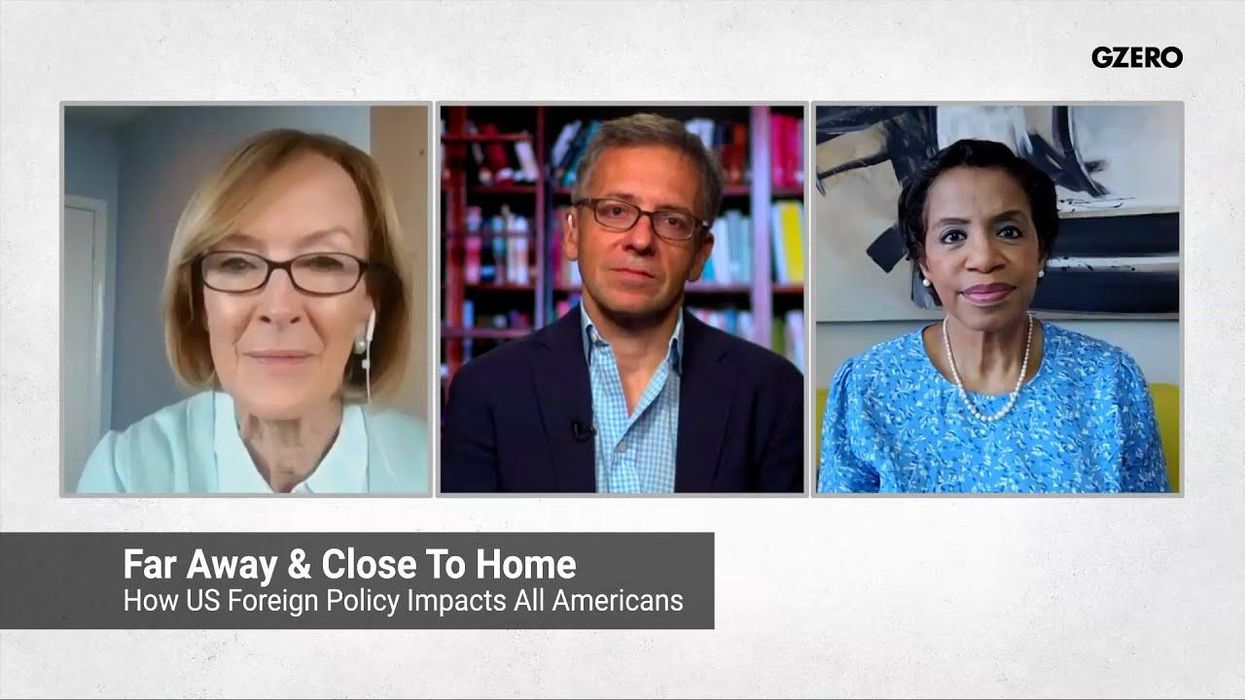GZERO Live
How US foreign policy impacts all Americans
Why should Americans care about US foreign policy? Whether or not they relate to most "high-brow" diplomacy issues, they should be interested in how US foreign policy impacts their daily life via immigration, trade, America's role in the world, and even race. A few experts shared their thoughts on Tuesday, June 15, during the livestream conversation "How US Foreign Policy Impacts All Americans" presented by GZERO Media and sponsored by the Carnegie Corporation.
Jun 15, 2021

